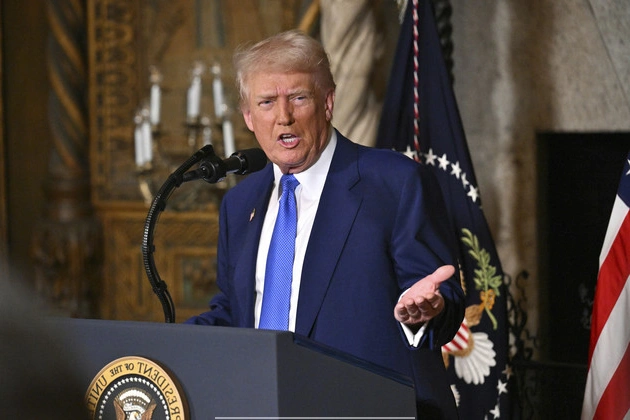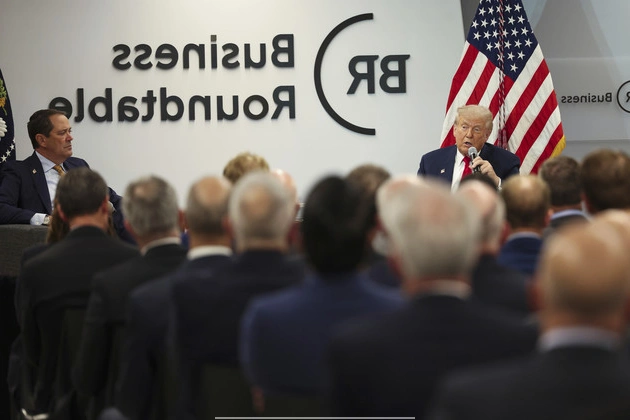
The Trump administration is making changes to its policy following Elon Musk’s directive for federal employees to submit weekly accomplishments. Find out how this adjustment impacts government operations and employee responses.
Understanding the Situation
Over the weekend, Elon Musk mandated that federal employees must provide a list of five accomplishments weekly or face potential dismissal by Monday night. However, the Trump administration is now allowing departments to determine how to address this requirement, creating a divergence between the White House and Musk’s expectations.
Guidance from the White House
According to an administration official, the email from the Office of Personnel Management (OPM) serves as general guidance, with agencies expected to issue specific instructions on compliance. The initial directive asked employees to submit their achievements to OPM and their managers by Monday night, but responses varied among different departments.
National Security Concerns
The enforcement of Musk’s mandate raised concerns within the national security community, particularly regarding the confidentiality of government information. Various agencies, including the FBI, State Department, and Pentagon, advised employees to refrain from responding, prioritizing national security interests.
Departmental Discretion
Each department is encouraged to adopt an approach that aligns with its operational requirements. The official emphasized that Secretary of State Marco Rubio and other leaders have the autonomy to determine the best course of action for their respective departments while supporting the president’s objectives.
Administration’s Position
While the Trump administration was not directly involved in approving the government-wide email, there is an acknowledgment of Musk’s proactive stance. The administration aims to balance Musk’s initiatives with departmental needs, fostering collaboration and efficiency.
Employee Response
Employees across different agencies experienced uncertainty regarding their obligation to respond to the directive. Some departments, like the Justice Department and Health and Human Services, initially directed employees to comply but later revised their instructions based on the sensitivity of their work.
Collaborative Efforts
Despite challenges in coordination, there are indications of support for Musk’s agile approach within the administration. The emphasis on swift decision-making, though beneficial, has prompted Cabinet heads to address operational complexities and potential repercussions.
Compliance and Accountability
While some agencies have instructed employees to adhere to the OPM directive, others have emphasized the importance of accountability in line with private sector practices. The Treasury Department, for instance, expects compliance to be seamless given the significance of its daily operations.
Regular updates and reviews of this policy are recommended to ensure alignment with evolving priorities and operational requirements.















